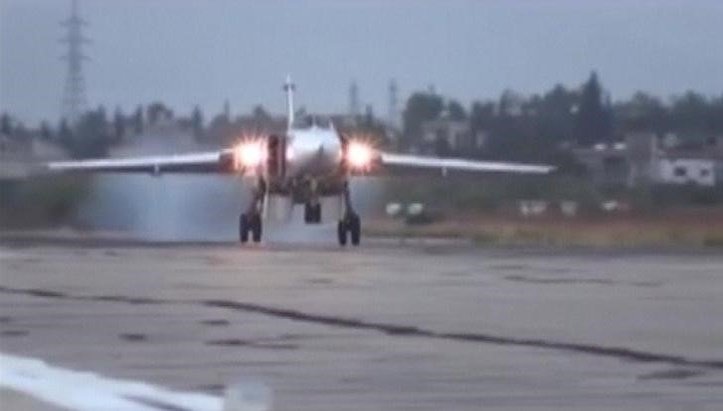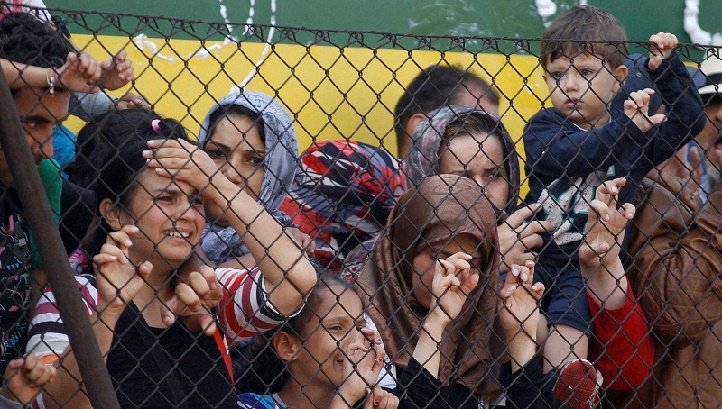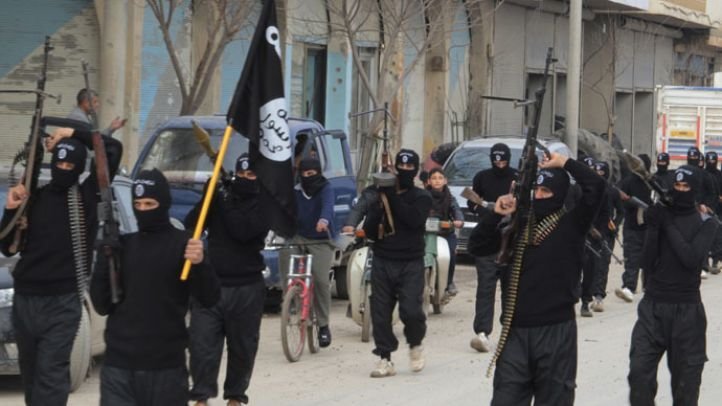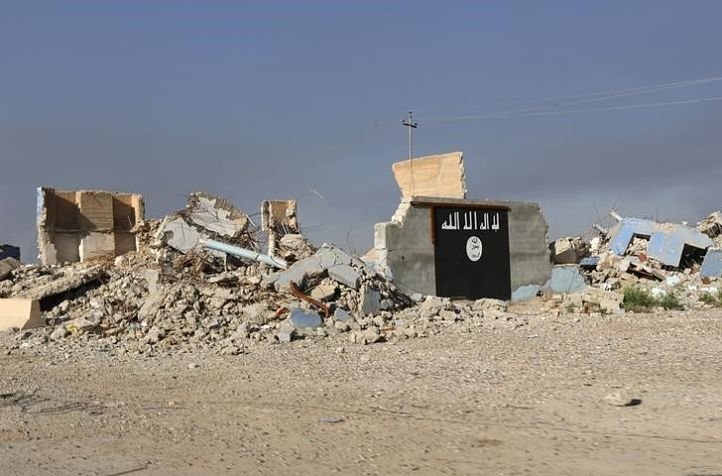The Paris attacks were a terrible tragedy – 130 people have died as a result. It resulted in Europe going into lockdown mode as the perpetrators were hunted down one by one. And it still isn’t over.
Immediately after the Paris attacks, France president Francois Hollande vowed to ‘destroy Islamic State.’ And that is a line he has continued to push ever since. In a press conference on Monday, he said, “We are convinced that we need to continue to strike Daesh in Syria.”
But few in the Western world or India have questioned the cost of France’s aggression or its meaning for Syria. If they did, they would have found much more to be outraged about than just a random Facebook filter.
A tragedy of epic proportions

Website IamSyria says that the current death toll stands at a mind-numbing 250,000, of which 30,000 are children. The numbers are unconfirmed – but even if half of them have died then we are looking at a tragedy of epic proportions.
More than 83 percent of all the lights in Syria have gone out since the start of the conflict there, a global coalition of humanitarian and human rights organisations revealed ahead of the fourth anniversary of the conflict on March 15. The damage since then has been even greater. Food and water remains scarce. People live in fear — not knowing which day might be their last.
Dr Zaher Sahloul, President of the Syrian American Medical Society, said : “The rise of terrorist groups crossing borders has spread fear and focused the world’s attention on Syria – but it has distracted governments from the suffering of ordinary Syrians and the abuses committed by all sides in this conflict. Every day Syrian medics, aid workers and teachers are taking enormous risks to help their neighbours and loved ones, while the international community continuously fails to pursue a political solution and an end to the violence and suffering.”
Russian air strikes since September have killed over 400 Syrian civilians, France and it’s allies have killed over 200 civilians. If this was merely about getting even, then both countries may have already achieved it.
Aerial strategy

The French are attacking Syria from the sky and the Russians are even employing heavy bombers in the conflict. But given IS-occupied areas have civilian populations as well, death will never be far away. France and Russia don’t want to commit ground troops because it means that their soldiers might die in combat. Worse still they might be dragged in too deep, like the US in Afghanistan or Iraq. By sticking to aerial strikes, they are minimising their losses.
Russia even chose to mock the world by writing #ForParis on the bombs they dropped on Syria. An odd gesture given their invasion of Ukraine’s territory just a few months back. It’s almost as if they are using Syria as a distraction.
Afghanistan, Iraq, Libya, Egypt… the list is endless

Of course, to expect the United States of America to say anything is asking for a bit too much. They have played a huge role in destroying Iraq and Afghanistan. In Iraq, the tally of civilian deaths stands at more than 100,000. In Afghanistan, about 92,000 people have been killed in the war since 2001. More than 26,000 of those killed have been civilians. Nearly 100,000 people have been injured. Numbers that have simply been brushed aside.
“I think Americans have learned,” said Barack Obama, “that it’s harder to end wars than it is to begin them.”
It’s a lesson that the world — France and Russia included — should have learned from the Americans.
What next?

Given that all the big powers are involved in Syria and every other country in the world has some tie-up with them – economic or otherwise – expect no one to raise their voice. We will all stand as mute spectators as the theatre of absurd unfolds in front of us.
France and its Allies aren’t rescuing Syria, they are destroying it. Russia isn’t rescuing Syria, it’s destroying it. And at some level, you wonder when it will end? Will another country be destroyed forever?
It took 21 days to capture Baghdad in 2003 and 3,174 days to leave. US forces seized Kabul in November 2001 — and they’re still there. Perhaps the Syrian conflict is just beginning; and France should care more about justice than about revenge.
Martin Luther King, Jr. once said, “Man must evolve for all human conflict a method which rejects revenge, aggression and retaliation. The foundation of such a method is love.”
One only has to look at the human cost of the conflict to realise that truer words have not been spoken. But what does one do when the world chooses to see only a selective brand of evil?

















